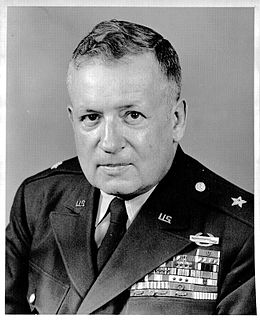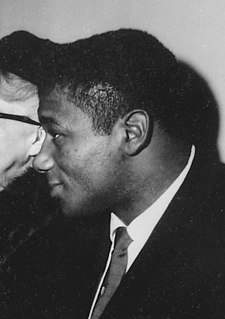A Quote by Charles Darwin
...he who remains passive when over-whelmed with grief loses his best chance of recovering his elasticity of mind.
Related Quotes
In bullfighting there is an interesting parallel to the pause as a place of refuge and renewal. It is believed that in the midst of a fight, a bull can find his own particular area of safety in the arena. There he can reclaim his strength and power. This place and inner state are called his querencia. As long as the bull remains enraged and reactive, the matador is in charge. Yet when he finds his querencia, he gathers his strength and loses his fear. From the matador's perspective, at this point the bull is truly dangerous, for he has tapped into his power.
The one who confidently looks forward to an eternal reward for his efforts in mortality is constantly sustained through his deepest trials. When he is disappointed in love, he does not commit suicide. When loved ones die, he doesn’t despair; when he loses a coveted contest, he doesn’t falter; when war and destruction dissipate his future, he doesn’t sink into a depression. He lives above his world and never loses sight of the goal of his salvation.
The best athlete wants his opponent at his best. The best general enters the mind of his enemy. The best businessman serves the communal good. The best leader follows the will of the people. All of the embody the virtue of non-competition. Not that they don't love to compete, but they do it in the spirit of play. In this they are like children and in harmony with the Tao.
An officer should never speak ironically or sarcastically to an enlisted man, since the latter does not have a fair chance to answer back. The use of profanity and epithets comes under the same headings. The best argument for a man keeping his temper is that nobody else wants it; and when he voluntary throws it away, he loses a main prop to his own position.
How very seldom do you encounter in the world a man of great abilities, acquirements, experience, who will unmask his mind, unbutton his brains, and pour forth in careless and picturesque phrase all the results of his studies and observation; his knowledge of men, books, and nature. On the contrary, if a man has by any chance an original idea, he hoards it as if it were old gold; and rather avoids the subject with which he is most conversant, from fear that you may appropriate his best thoughts.





































